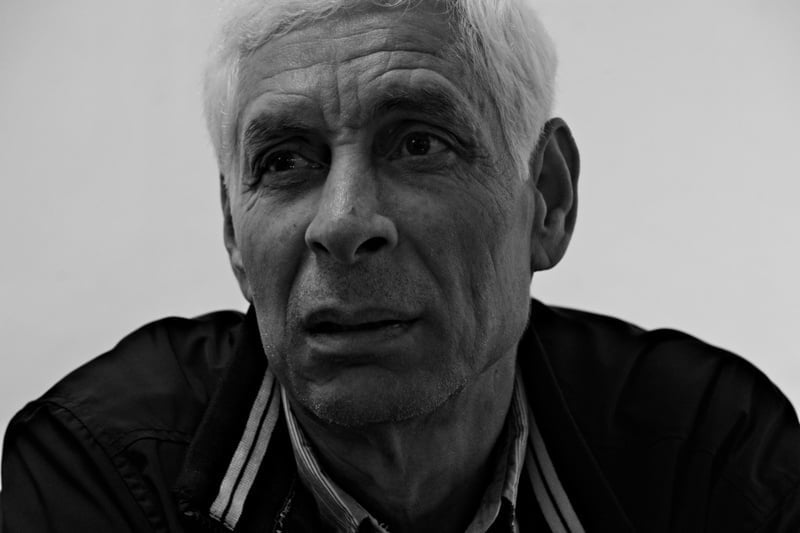
Habib Selmi
- France, Tunisia
- Zu Gast beim ilb: 2013
Habib Selmi was born in 1951 in the village of Al-Ala near Kairouan in the central region of Tunisia and grew up as part of a large family. He started writing already as a young adolescent and his literary career began to unfold when some of his short stories were presented on a well-known radio station. Selmi won the monthly prize for the best entry several times and three of his works were published in the station’s radio magazine. Before publishing his first novel »Jabal-Al Anz« (Engl. »Goat Mountain«, 1988) two collections of his short stories appeared in 1977 and 1986 respectively, of which individual stories were translated into English, Norwegian, Hebrew and French. He describes his development from a writer of short stories to a writer of novels as a natural process. Since his debut work, he has published seven further novels. »Ushaq Bayya« (2002; »Engl. Bayya’s Lovers«, 2006), which received great acclaim from Arab literary critics and was translated into French shortly after its release (»Les amoreux de Bayya«, 2003), is a sensitive story about friendship among four men and the process of growing old. The story takes place beneath an olive tree, where the friends meet and sit daily to await death together and exchange news from the widow, Bayya, who they all love. In general, Selmi’s works are characterised by a reduced use of backdrops and only few events because, he has said, »I believe that a novel is not a tale or a myth that is full of characters and events. The novel is not a sack full of occurrences and changes.« Accordingly, he has said the following of his works »I understand and like the novel to be a novel of the self as it intersects with its surroundings«. This also finds its expression in his novel »Rawa’ih Marie-Claire« (2008; Engl. »The Scents of Marie-Claire«, 2010). Speaking in the first person, the main character Mahfoud, a Tunisian living in Paris, draws an intimate portrait of his failed relationship with French woman Marie-Claire. In a similar way, in his most recent work, »Nissa’u al-Bassateen« (2011; Engl. »The Women of Al-Bassatin«), the author uses introspective and finely detailed descriptions of interpersonal relationships to highlight cultural tensions and the main character’s inner strife living an existence between Western and Arab ways of life. Selmi counts as one of the most important authors writing in Arabic. Two of his novels, »Rawaih Marie-Claire« and »Nissa’u al-Bassateen«, were among the shortlist for the 2009 and 2012 Arabic Booker Prize respectively. The author has been living in Paris since 1985.
Jabal al-Anz
Dar al-Adab
Beirut, 1988
Bajjas Liebhaber
Lenos
Basel, 2006
[Ü: Regina Karachouli]
Asrar Abdallah
Dar al-Adab
Beirut, 2006
Meine Zeit mit Marie-Claire
Lenos
Basel, 2010
[Ü: Regina Karachouli]
Nissa’u al Bassateen
Dar al-Adab
Beirut, 2011
